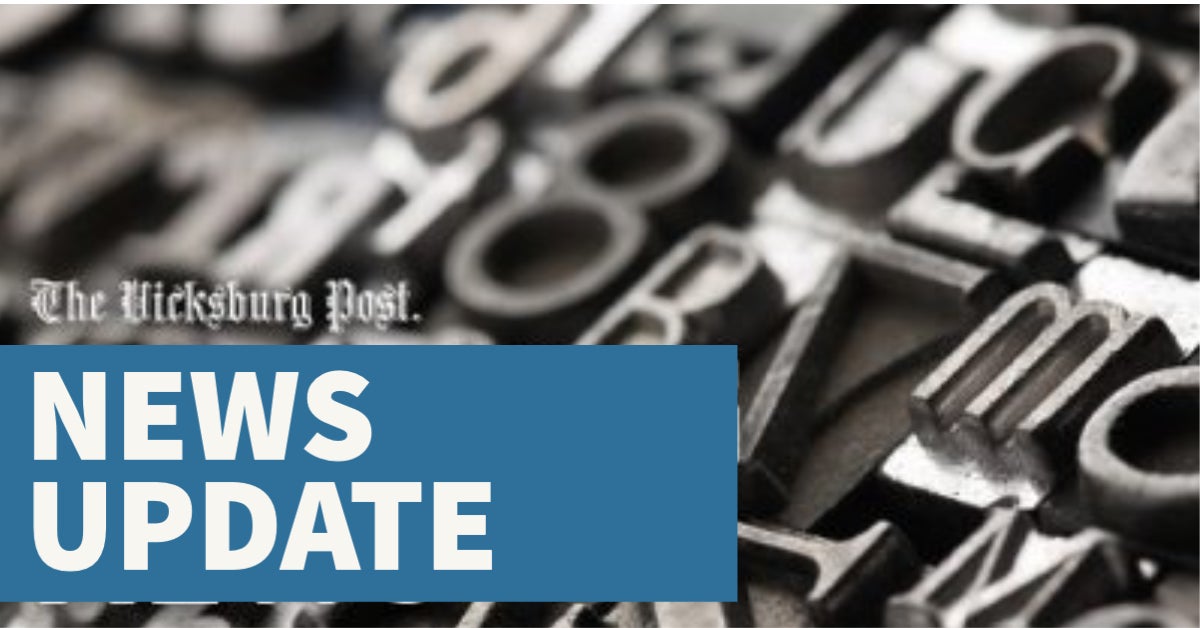In Vicksburg, reactions to Pearl Harbor, Sept. 11 similar
Published 12:00 am Monday, December 10, 2001
[12/7/01]Claude Duncan can recall in an instant where he was 60 years ago today.
“It was a Sunday,” he said, and he was a 25-year-old draftee in the Army stationed at Camp Claiborne in Louisiana. “I had a portable radio in my footlocker. I was lying in my bunk when it broke out, listening to the radio.”
That’s when he heard the news. The Japanese bombed U.S. military bases at Pearl Harbor, Hawaii. Within 24 hours, America was officially at war.
“Three or four of us got all hopped up,” Duncan said, recalling their anger over the events. “We said, We’ve got to go overseas and get this straightened out.’ So we went to the colonel and told him we wanted to volunteer for overseas service. He said, Boys, I appreciate your interest, but there is work to do on this side. So go do your job until you are called overseas.’ And that was the end of that.”
Duncan never did go overseas during the war, although he stayed in the Army for five years, settling in Vicksburg as soon as he was discharged. “And I’ve been here ever since,” said Duncan, who along with his late wife, Roy Katherine, operated a jewelry store downtown for years.
Just like when the World Trade Center and the Pentagon were attacked on Sept. 11, the nation reeled in the shock that an enemy would launch a surprise attack on Americans.
And just like the events of Sept. 11, the city of Vicksburg responded immediately.
In 1941, soldiers took up posts around the city, guarding the Mississippi River bridge and other strategic industries, including power stations, gas plants, the oil refinery and railroad lines as the nation went on high alert.
Local war veterans called a special meeting at the American Legion on Crawford Street. The Warren County chapter of the Red Cross pledged to bring in $15,000 to help the national relief agency meet its goal of $50 million for the war effort. Citizens rallied behind the flag.
With the exception of posting guards at the bridge, much of the same occurred in September. Government installations here added security and people gathered at the Old Court House and churches to pray.
“To many, this was a personal war, as close friends and relatives of numerous Vicksburgers are stationed in the Pacific, or have been engaged in defense work there,” read a front-page article in the Vicksburg Evening Post printed on the day after, Dec. 8, 1941.
But with the new patriotic fervor also came the news of casualties. William Bryant, the 25-year-old son of Mr. and Mrs. Herman Bryant of Oak Ridge, was killed during the bombing attack, along with 2,387 others. Bryant’s uncle, Charles Bigby, was a captain for the Vicksburg Fire Department.
“I was supposed to be there,” said Vincent Palermo, a Vicksburg native who was serving in the Army Air Corps at Morris Field, N.C. at the time. “When I enlisted, they wanted to send me to Hawaii, but I was selected for mechanics school in Tulsa, Okla., and I would have been in an airfield if I had been there.”
Instead, he was “at a drive-in having a hamburger and Coke-a-Cola with my girlfriend” when the Japanese dropped those fateful bombs. Palermo was 20 years old at the time. “I was listening to the radio. They broke in and said to get to the base. That’s what I did.” The next day, he was shipped out to Wilmington, N.C.
While the news came as a shock to the nation, Palermo said the situation just can’t be compared to the recent terrorist attacks on the World Trade Center. “They are altogether different. (Sept. 11) was a terrorist attack. The Japanese wanted to declare war. With the terrorists, it was us who declared war.”
The one similarity: “It caught us as a complete surprise,” Duncan said. “Although we knew that war was on people’s minds. That’s why we were in the Army. We knew that sooner or later, there would be war, but we didn’t expect it to break out like that. It was a sneaky attack, but they always are. Just like New York.”
That, and the nation was spurred to action, once again.





